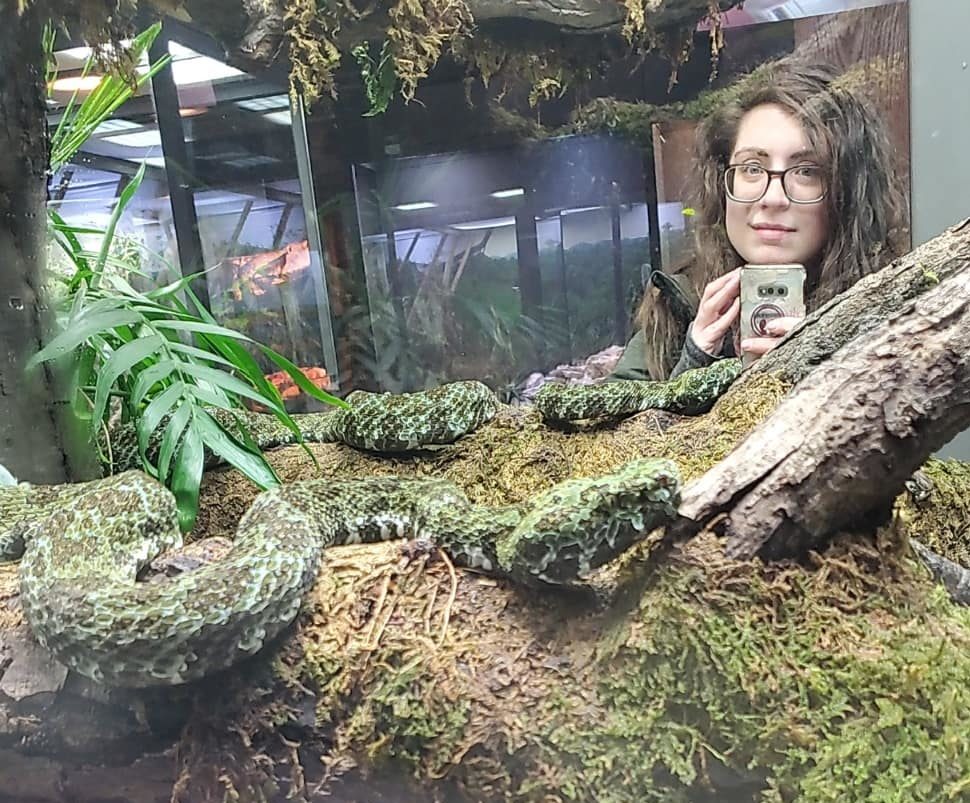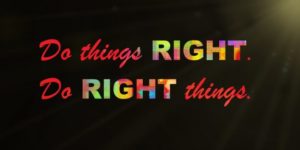A personal tale of COVID-19 from the perspective of a neurodivergent veterinary student
“It was the best of times, it was the worst of times, it was the age of wisdom, it was the age of foolishness, it was the epoch of belief, it was the epoch of incredulity, it was the season of Light, it was the season of Darkness, it was the spring of hope, it was the winter of despair, we had everything before us, we had nothing before us, we were all going direct to Heaven, we were all going direct the other way–in short, the period was so far like the present period that some of its noisiest authorities insisted on its being received, for good or for evil, in the superlative degree of comparison only.”
A pretentious and overused quote? Yes.
If you throw this quote into Google, will you find other articles on COVID-19 using this same quote? Yes.
Did I decide to leave it in anyway because I can’t think of a quote that more aptly describes our current times? Again, yes.
Have you noticed before now that Dickens somehow made this a SINGLE sentence? Well, now you do.
The COVID-19 pandemic has made more of an impact on many of our lives in just a couple years than many people experienced in the decade prior. Undoubtedly, the losses incurred are enormous; one only need consider the worldwide death toll of over 6 million.1 However, to say that the pandemic has only brought misery and malaise would be short-sighted. I, for one, look back over the last two years and see a time that brought me much turmoil, but a significant amount of growth, as well.
In the Beginning
There was some panic.
March 2020 was when it all began; well, at least for yours truly. Right in the middle of a six-month internship with Toledo Zoo, I found myself stuck at home after getting the notification that only necessary staff would be allowed going forward. I had quit my previous position as a veterinary assistant at a 24-hour animal hospital, because driving two hours one-way for a full-time internship left little time to spare and, possibly, because I had been looking for an excuse to quit for a while. Therefore, I suddenly found myself with an excessive amount of free time on my hands that I had not previously anticipated.
I certainly was in a better situation than many: I had the option to simply stay home and work on my application for veterinary school while studying for the GRE since my partner had a well-paying job and could simply ride out the wave from the comfort of his desk — all with a fluffy dog at his feet.
However, playing Animal Crossing and half-heartedly studying could only last so long, especially when I felt every minute wasted at home was a reduction in the likelihood of getting into one of the approximately 30 veterinary schools I applied to that cycle. And so, after three months in the muck, I started applying for work. I landed a job as an unlicensed veterinary nurse, and that’s where the real fun began.

Through the Looking Glass
That is, me tapping on the glass for you to look up from your phone and roll down your car window. I called you three times before coming out here!
Let me get on my soapbox for a minute (or several).
I will start by saying that if health professionals are used to getting the short end of the stick, imagine not getting a stick at all. Even before the pandemic, the veterinary profession often got some mad disrespect. I would probably run out of fingers (and toes) with the number of times I have been asked if becoming a DOCTOR of veterinary medicine took two years to complete. There are many in the public, and even those among other health professions, that are under the impression that being a veterinary medical professional is a less intensive and less skilled profession. I will concede that, in many areas, veterinary technicians/nurses do not necessarily need to be registered or licensed (I wasn’t!), but they do the job of nurse, medical biller, anesthesiologist, surgical technician, lab specialist, etc. all in one. If that is an easy profession, then I never want to work a job that’s actually difficult. As a current first-year doctor of veterinary medicine (DVM) student, I have learned the detailed anatomy of four organisms at the same time a medical student is learning one. Veterinary students have a similar curriculum to medical students; the former simply apply this knowledge to multiple non-human species.
Furthermore, a veterinarian is not simply the person putting a stethoscope on Fido or Fluffy. They are:
- assessing the quality of your future T-bone steak.
- in labs researching comparative medicine and other important topics.
- at the CDC in positions of epidemiology and public health.
- ensuring safe anesthesia and input of tracking devices for wildlife conservation research.
- working with the USDA, APHIS, and other organizations to track and prevent zoonotic outbreaks.
Compounding the public ignorance, our profession’s poor work-life balance, high debt-to-income ratios, and high emotional distress have led to these pre-COVID statistics:
- 52% of veterinarians would not recommend the career to others.
- Veterinarians report a higher level of burnout compared to physicians, despite working fewer hours.
- Female and male veterinarians are 2.5 and 1.6 times more likely to commit suicide, respectively.*
- Veterinary nurses are 2.3-5 times more likely to commit suicide.* ((Delamarter, M., VMD. (2021, October 12). Suicide: Our Professional Crisis. Today’s Veterinary Practice. https://todaysveterinarypractice.com/suicide-our-professional-crisis/))23
*Compared to the general population
Lucky for all of us, Merck just released their third annual Veterinary Wellbeing Study in January 2022. They reported an increase in pandemic-related mental duress and suicidal ideation among veterinarians and their staff, respectively. ((Merck Animal Health USA & Brakke Consulting. (2022, January). Veterinary Mental Health and Wellbeing and How to Improve Them: Learnings from the Merck Animal Health Veterinarian Wellbeing Study III. Merck Animal Health USA. https://www.merck-animal-health-usa.com/wp-content/uploads/sites/54/2022/02/2021-PSV-Veterinary-Wellbeing-Presentation_V2.pdf)) It will be elucidating to see what future studies find from the course of the pandemic.
However, I have recently noted more focused attention on mental health, work-life balance, and how these factors are contributing to our employee shortages in the veterinary field. Even at my own clinic, rather than immediate critique, there was an emphasis on team-building activities and reaching out to employees who were having difficulties with empathy.
No one wants the Titanic sinking to be the call to action for these concerns, but when the iceberg hits, we should jump and utilize the lifeboats sent to us.
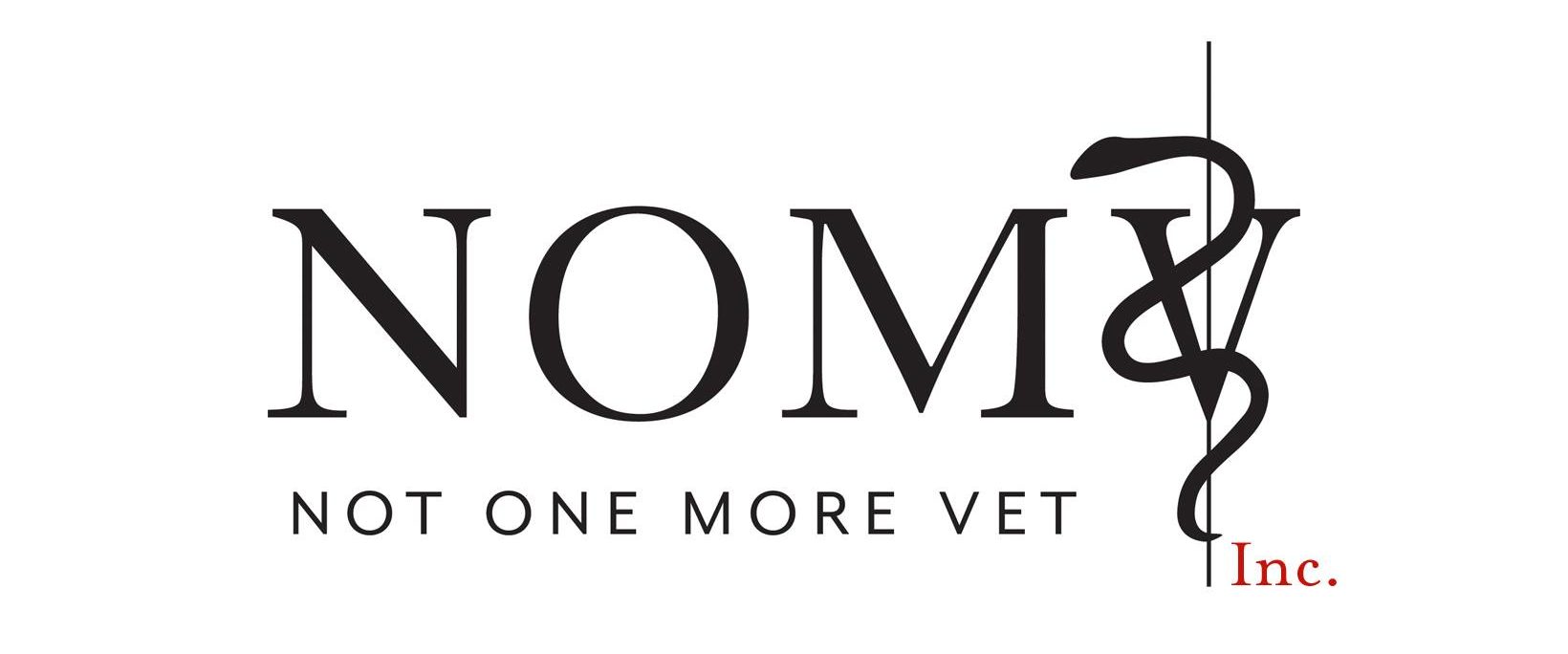
Stepping down from my soapbox and pivoting back to my story:
I started as a veterinary nurse at my new clinic in June 2020. “It was the best of times, it was the worst of times” for my mental health.
I believe in starting with the worst of it.
Taking history from worried clients over the phone increases both the appointment time and the number of miscommunications while decreasing empathy for both parties. Understandably, many clients were upset about being separated from their pets during health crises and even end-of-life decisions. However, their frustration and anguish were often misdirected on their pet’s already overwhelmed care team.
The fact that I had (and still somewhat have) horrible phone anxiety did not lighten the impact of these conversations on my psyche. I always hoped that the client would not pick up the phone, even though that ultimately meant I would have to go outside and tap on their car window instead.
I would also deal with verbal abuse about how I was cruel for not letting clients in with their pet or delusional for believing in this “hoax” of a pandemic.
Each appointment consisted of me:
- trying to get complete information as expeditiously as I could.
- attempting to bring the patient in, hoping their owner wouldn’t just open the trunk to let a haphazard dog run at me or that I would need to return with a crate for a loose cat.
- presenting the patient’s history, procedural pre-authorizations, and costs to the vet – all while hoping that they didn’t want to know the answer to the ONE question I did not happen to ask.
- assisting with the physical exam and any other necessary procedures.
- conducting lab work while the vet talked to the client, hoping the client didn’t change their entire story at the last minute.
- entering all the procedures and charges.
- and, finally, somewhere in between patient checkout and the end of the day, finishing my nurse notes.
Rinse and repeat.
Long days like this, interspersed with emergencies, hospitalizations, and irate clients, would leave me drained. I was the “cheerful and outgoing” person at work and the dead lump in bed for my partner at home. I was rather good at my job – except for my inability to retain information without writing it down the first time, asking for it to be repeated and then writing it down, or forgetting details that would throw off my entire day (i.e., forgetting to put in a charge here, missing a callback notice there). In hindsight, this was a feature of my ADHD rather than a personal defect of “not trying hard enough.”
COVID in Michigan was also fun in having to figure out what “non-necessary” procedures were restricted by the State to save on medical supplies (and needing a couple of clarifications from the Governor). Once these restrictions were lifted, it meant dealing with the overload of cases that had been on hold for several months. Finally, no one seemed to care to let us know where we landed in the vaccine phases as veterinary professionals. Since the CDC decided that we should have been placed in phase I-B (not all states followed these recommendations), ((American Veterinary Medical Association (AVMA). (2021, January 26). Veterinary services included in Phase I-b of COVID-19 vaccine guidance. AVMA. https://www.avma.org/blog/veterinary-services-included-phase-i-b-covid-19-vaccine-guidance)) when the time came to fill out my waitlist form for the vaccine I specified that I was a healthcare worker and figured the county could sort out the rest. I finished my first vaccine series at the end of March 2021, a year after the pandemic had begun.
Now onto the best of it.
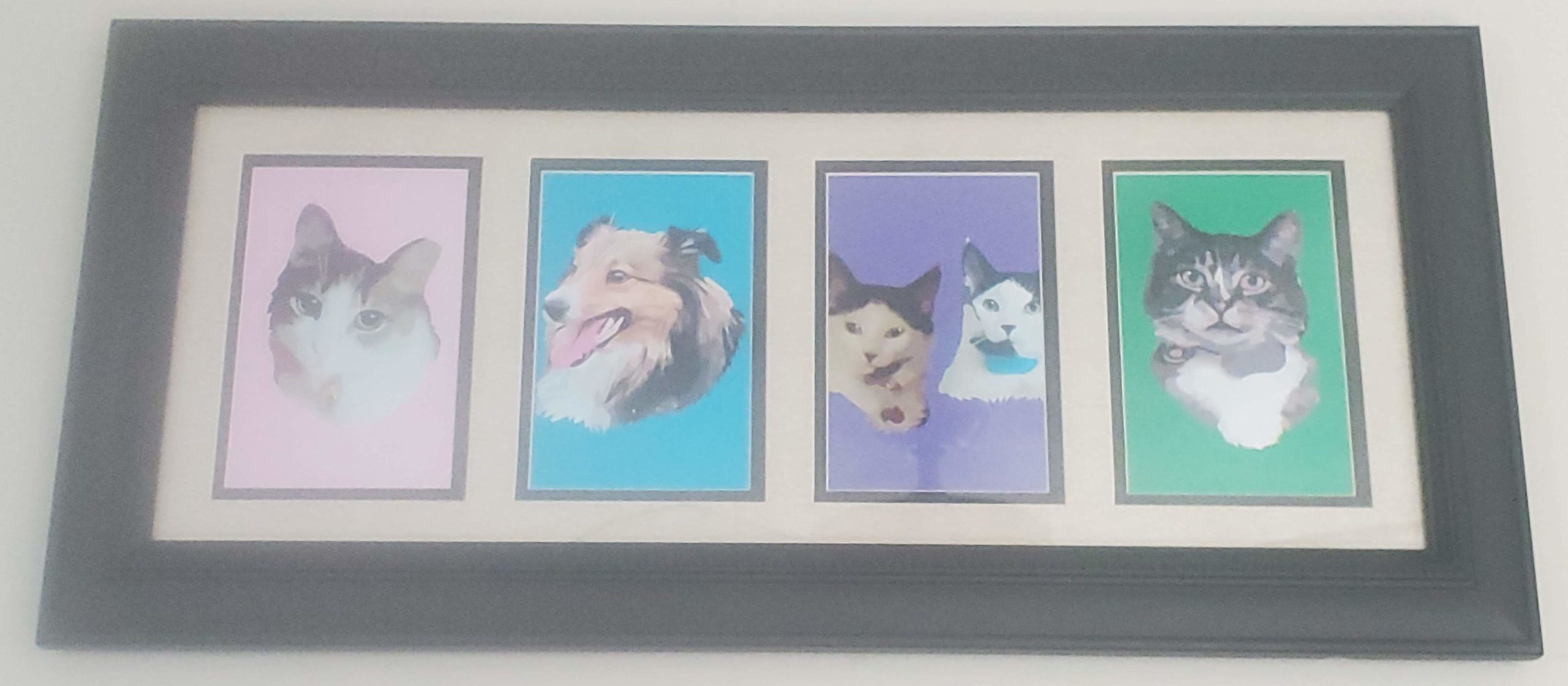
I was at this job until almost the end of July 2021, leaving myself just enough time to pack up and leave for Missouri to start my DVM degree. I knew I wanted to do the dual-degree program – earn a DVM and Master of Public Health concurrently – but I chose to start the MPH in the spring, to give myself some time and space to settle into the DVM program first.
The team I worked with influenced my self-esteem, and my life, in the best ways possible. In every job prior, I often felt like an outsider and was unable to integrate myself into the prevailing cliques. The small, quirky, family atmosphere of my clinic made me feel like I was actually part of the group, and I became more open to just being myself.
And I was accepted.
My coworkers found my idiosyncrasies amusing and my capricious nature endearing. I was able to learn far more in one year than I ever did in the two years at my previous clinic. At my old job, favoritism decided who got to train in the surgery suite. Here, I was able to learn a plethora of technical procedures from blood draws to radiographs. I also became more comfortable communicating with clients, to the point that coworkers would actually ask ME to talk to their difficult clients. Initially, I had been horribly disappointed at having my internship at the Toledo Zoo cut short (and, before that, not getting accepted during my first vet school application cycle). However, looking back now at all the professional and personal growth I had as a veterinary nurse, I am almost glad I had to take another gap year.
My managers and coworkers welcomed conversations concerning self-care and mental health in this burnout-laden environment. And, despite coming home exhausted and beaten almost every day after work, I felt much more comfortable investigating my own mental health. I had only first begun seeking psychiatric care in 2019 and hadn’t been informed or confident enough to speak up when my former psychiatrist dismissed my mention of childhood ADHD diagnosis. So, with the free time at home courtesy of the pandemic, I discovered a YouTuber named Jess McCabe and her channel How to ADHD. Her videos finally taught me that ADHD wasn’t a character flaw, but something I could address with medication and behavioral techniques. It launched me into the neurodiversity movement and helped me learn how to be an advocate for myself and others.
So, after two years of mediocre results on anti-anxiety medication, I finally reinitiated the conversation. The psychiatrist was less than helpful, and I had to call around before I was finally able to get a re-diagnosis and start medication. I may never have had the time to really start thinking about my mental health, and to actually address it, without this forced hiatus in my plans. Looking at my life now, I know I would have been worse for it.

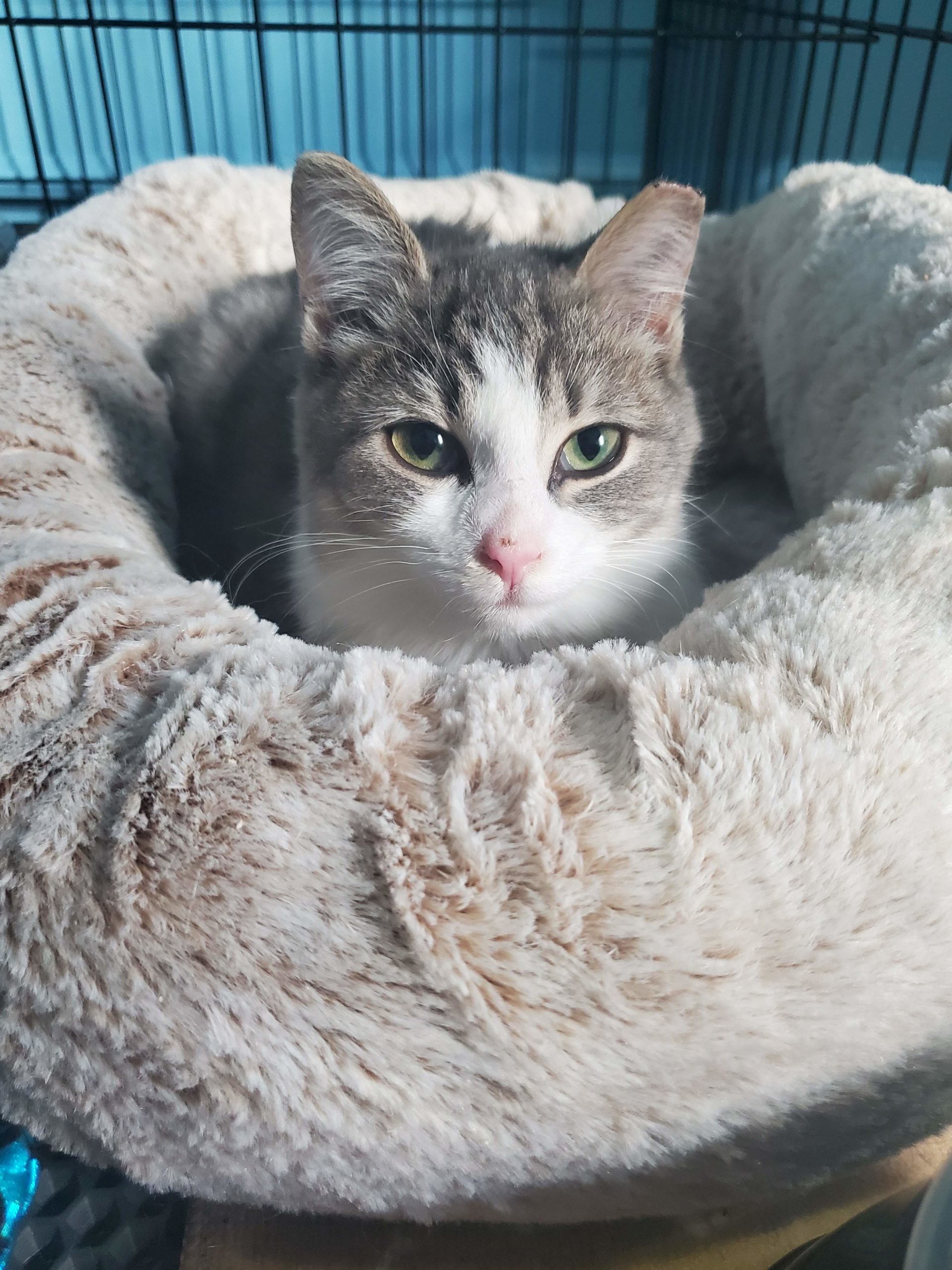
Back to School
It was a time of despair but also a time of hope.
Now in spring 2022, I know the past several months have been a wild ride not just for me, but for everyone. People are tired and burnt out from being in a pandemic, the variants keep teaching us new Greek letters, and a whole host of troublesome events have almost overshadowed the pandemic’s reign in the news.
On top of all that…I had a really hard time starting my program this year!
I consider myself lucky that our restrictions mostly just involved wearing masks in class and labs. But I was still figuring out my ADHD medication and felt isolated in a new state. I never really learned how to study during my undergraduate degree, and my depression had reached an all-time low. I even considered whether I should give up pursuing the simultaneous MPH, but ultimately chose to keep my acceptance and enroll in the program; I knew I would be disappointed later on if I abandoned that path. But I worried, how had I made it through the height of the pandemic only to fall to pieces now?
However, I managed to gain newfound confidence through these experiences. Instead of letting myself and my grades spiral down, I decided to reach out for help – a mature approach I never would have considered before.
Among other steps in the direction of personal growth, I:
- scheduled my first-ever therapy session.
- started seeing my college’s academic success coordinator to work on my studying and scheduling habits.
- connected with a faculty member who was open and empathetic about discussing mental health (and just a good person to talk to).
- made myself vulnerable by posting on social media about my difficulties making connections at school and got some wonderful feedback – and even made some awesome friends out of it.
- made the discovery, with the help of my therapist, that I am on the autistic spectrum and am currently seeking a formal diagnosis.
So, while this school year has undoubtedly been hard for me, it has also been incredibly formative for me, as well.
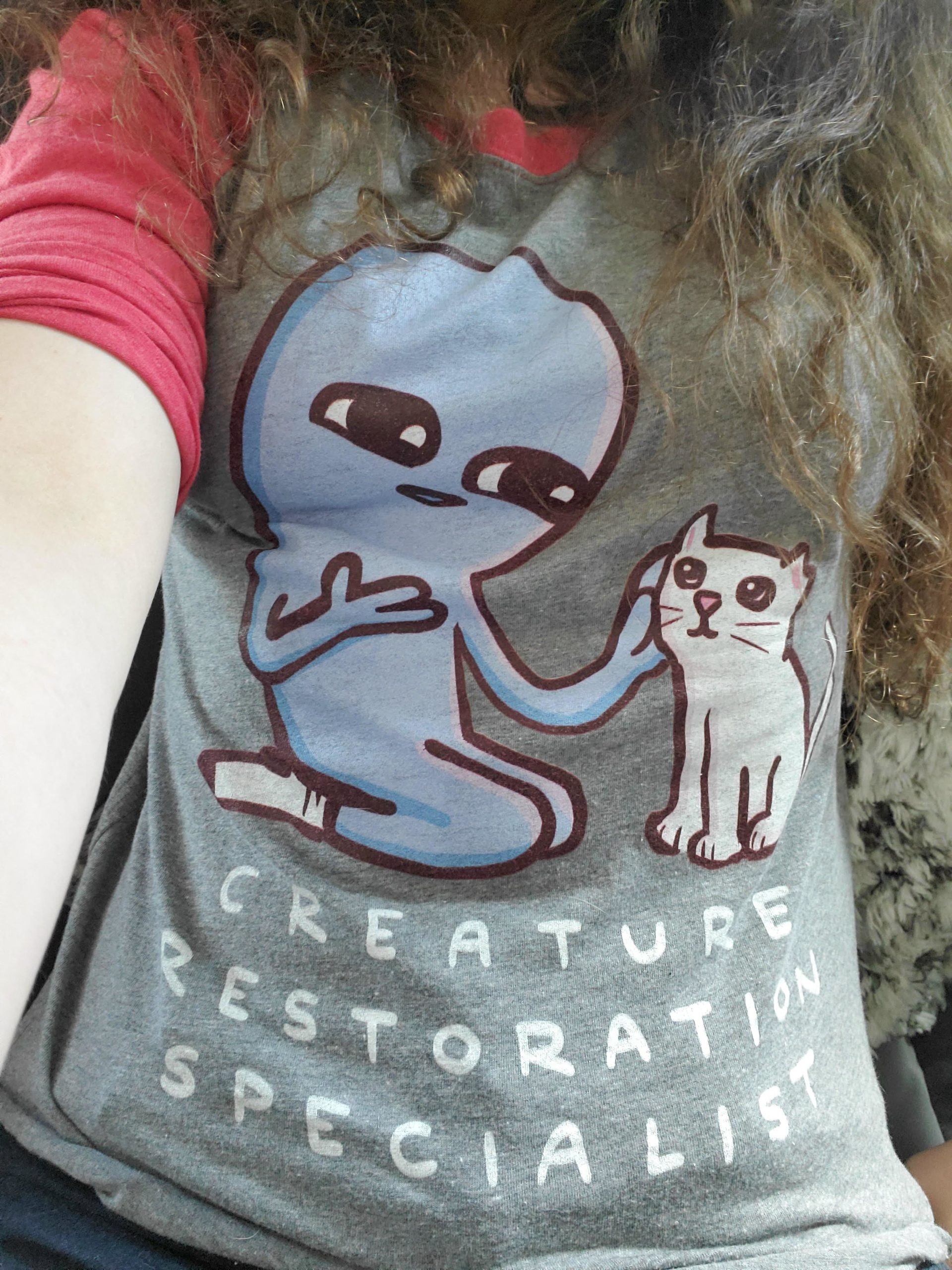
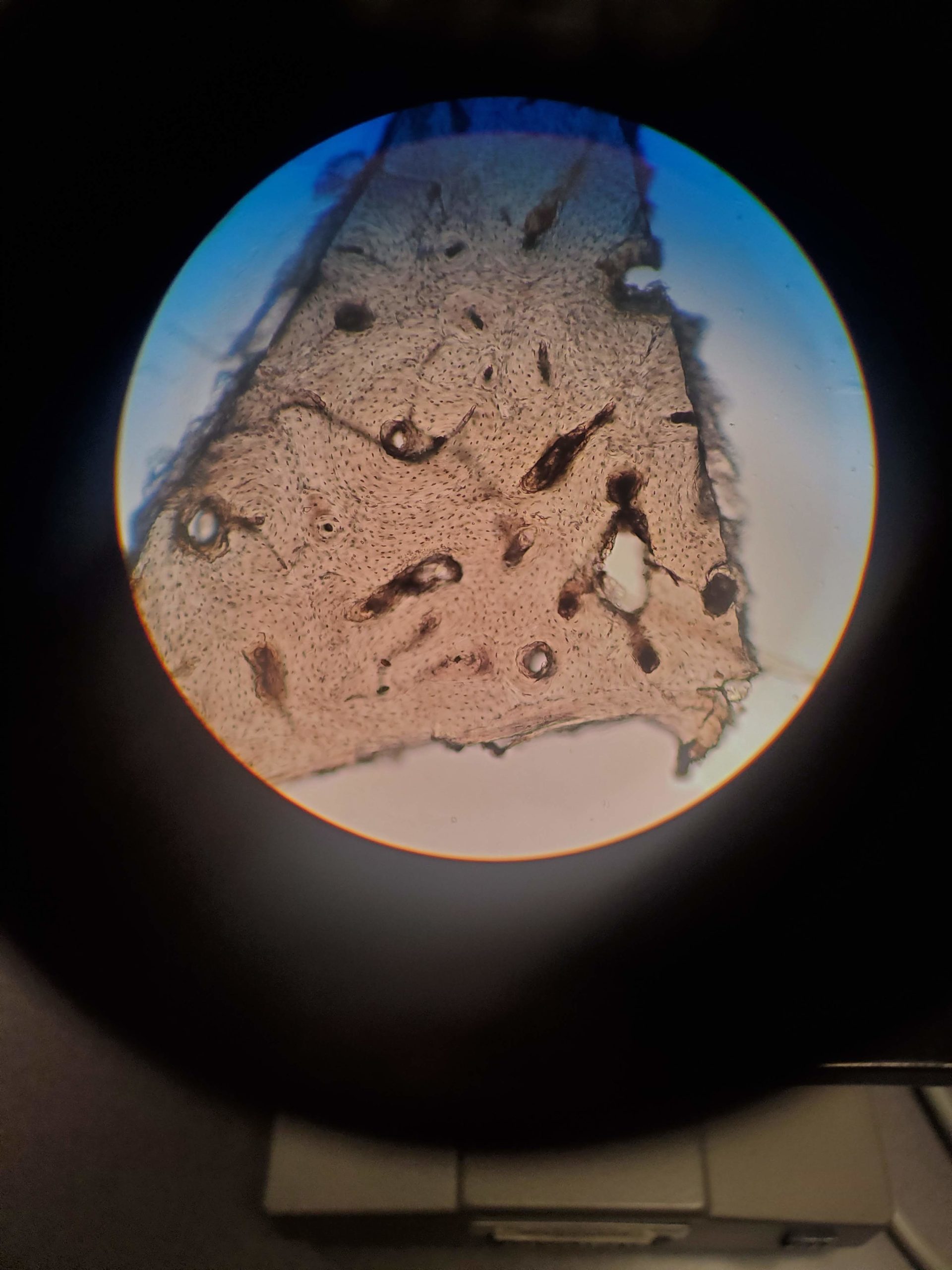
For What It’s Worth
My final piece.
Two years of this pandemic have seen a lot of sadness, pain, and grief. However, as the eternal optimist, I can’t say it was all for nothing. I’m not saying the suffering was warranted, but I can say that we haven’t been wrung out dry. Each of us is here today by some show of resilience and fortitude. I often look upon my own past and hope to redirect that pain in lessening it for those in the future through advocacy and education. Through surmounting these two years, I hope each of you can reflect upon this time to find how you want the future to look different. As current and future public health professionals, we have the unique opportunity to view the handling of this pandemic as a lesson rather than a failure. So, instead of viewing the last two years as the worst you have ever experienced, perhaps they could be the best two years of public health education you ever witnessed. For better or for worse, let’s make of it what we can.
- For Better or For Worse - May 25, 2022
- Worldometer. (n.d.). Coronavirus Death Toll and Trends. Retrieved March 28, 2022, from https://www.worldometers.info/coronavirus/coronavirus-death-toll/ [↩]
- Merck Animal Health USA & Brakke Consulting. (2020, August 20). Veterinary Wellbeing Study 2020. Merck Animal Health USA. https://www.merck-animal-health-usa.com/about-us/veterinary-and-consumer-affairs/article/veterinary-wellbeing-study-2020 [↩]
- Veterinary Suicide Rates Are Higher, Including Veterinary Technicians. (2021, October 12). Today’s Veterinary Nurse. https://todaysveterinarynurse.com/articles/veterinary-suicide-rates-are-higher-including-veterinary-technicians/ [↩]

